“The Reality of Stem Cells in Anti-Aging: Can They Really Make a Difference?”
Aging is a complicated process that affects the body’s ability to regenerate and function well. It leads to visible and internal changes, such as dry skin, loss of skin elasticity, fat buildup, weakened immune system, joint wear, and increased inflammation. These changes are often linked to various age-related diseases.
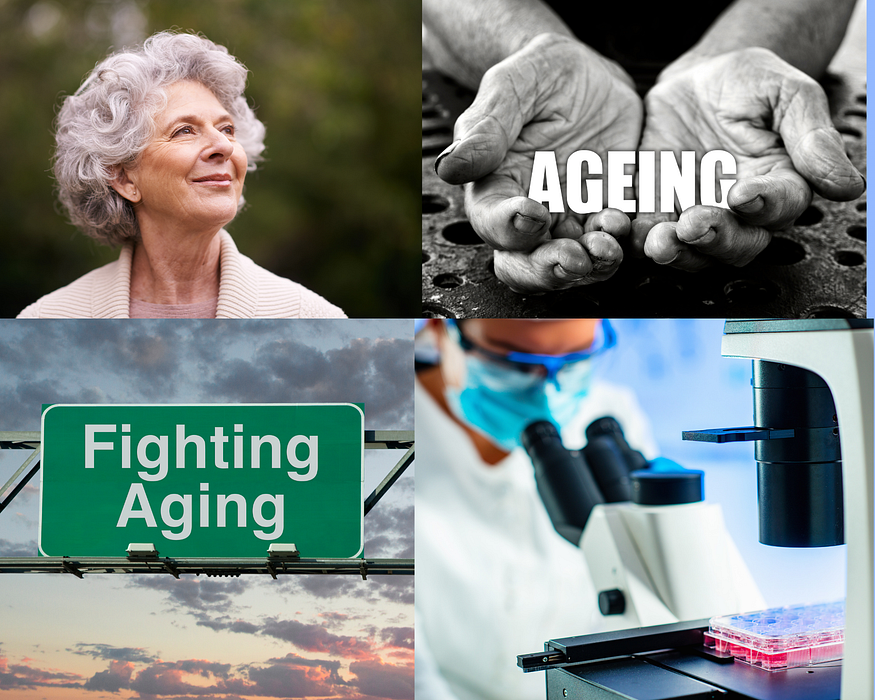
As we age, the number of stem cells, which help repair and renew damaged tissues, decreases. Stem cell therapy is a promising approach to combat aging. It can enhance health, improve appearance, and extend lifespan. Let’s explore how stem cell therapy works and what results can be expected.
Current Anti-Aging Treatments
Life expectancy has increased over the past 50 to 70 years, and people are more focused than ever on looking youthful. Medical science and cosmetology now offer two main approaches to address aging: promoting overall health and maintaining a youthful appearance.
To look younger, healthy skin and hair are key. Cosmetology provides various treatments to help with this, but many offer only temporary results and can sometimes have unwanted effects.

Laser Skin Resurfacing
Laser treatments can help remove scars, warts, deep wrinkles, and address issues like rosacea, spider veins, age spots, and acne. Lasers stimulate collagen production in the skin’s deeper layers. A dermatologist can explain the benefits and potential side effects, which may include burning, redness, bumps, swelling, infections, hyperpigmentation, and scars.

Wrinkle Injections
Injecting approved fillers can add volume and smooth skin, and may also boost natural collagen production. While generally safe, these injections can cause allergic reactions, granulomas, and bumps under the skin, which are less common with stem cell treatments.

Antioxidants
Antioxidants help neutralize free radicals from sun exposure and pollution, which damage the skin. While the body has its own antioxidant system, its effectiveness decreases over time. Antioxidants are included in skincare products and supplements, but studies haven’t consistently shown their benefits.
Peptides
Peptides are small protein-like molecules that can stimulate collagen production, aid in skin regeneration, and reduce wrinkles. Although effective in some studies, peptides have limited ability to penetrate the skin and are often broken down by enzymes.
Vitamin A
Retinol and other vitamin A derivatives can improve skin appearance and reduce fine wrinkles by boosting collagen production and moisture retention. Some retinoids are FDA-approved for treating photo-damaged skin and acne. However, they can cause side effects like itching, burning, redness, and peeling.

Anti-Aging Sunscreens
UV radiation significantly contributes to skin aging, causing wrinkles and loss of elasticity. Sunscreens protect against UV rays, preventing premature aging and reducing skin cancer risk. Researchers are working on natural sunscreens and anti-aging creams with sun protection. However, some sunscreens may cause hormonal changes, allergies, or other reactions, so choosing the right product is important.
Stem Cells in Anti-Aging Treatment
Regenerative medicine uses stem cells to potentially turn back the clock on aging by 10–15 years, improving health and appearance. Multipotent mesenchymal stem cells (MSCs) are a key focus in anti-aging treatments.
MSCs are stem cells found in many adult tissues and can be easily collected for treatment. They can develop into various cell types, including:
- Fibroblasts: Cells that help produce connective tissue, collagen, and other important factors.
- Neuronal cells
- Endothelial cells: Cells that line blood vessels
MSCs can move to areas of inflammation or injury and release chemicals that aid in healing and regeneration. Their ability to support tissue repair makes them valuable for preventing and reversing signs of aging, both externally and internally.

How Do Stem Cells Slow the Aging Process?
Stem cells offer promising potential for anti-aging by enhancing cell regeneration. As we age, both chronological and photoaging lead to decreased collagen production. Collagen is crucial for maintaining skin firmness, elasticity, and overall structure. Aging also reduces blood flow to the skin, leading to poor nutrition, reduced gas exchange, and the accumulation of free radicals that impair cell regeneration.

Mesenchymal stem cells (MSCs) can stimulate the growth of new blood vessels and produce collagen and elastin. This helps restore blood flow and improve gas exchange, enhancing the skin’s ability to regenerate and potentially benefiting other tissues and organs that decline with age.
Anti-Aging Effects of MSCs
As we age, the number and effectiveness of our stem cells decrease. Introducing MSCs into the body can replenish these cells and improve both external and internal aspects of health, such as:
- Healthier, rejuvenated skin
- Reduced visible signs of aging
- Improved overall health
- Increased energy levels
- Enhanced well-being
Thus, stem cell therapy offers benefits both deeply within the body and on its surface.
Feeling Good At Any Age- The One-Stop Rejuvenation Center
Experience Wellness and Rejuvenation at Every Stage of Life — Welcome to the FGAAA Clinic, your ultimate destination for revitalization and health enhancement.



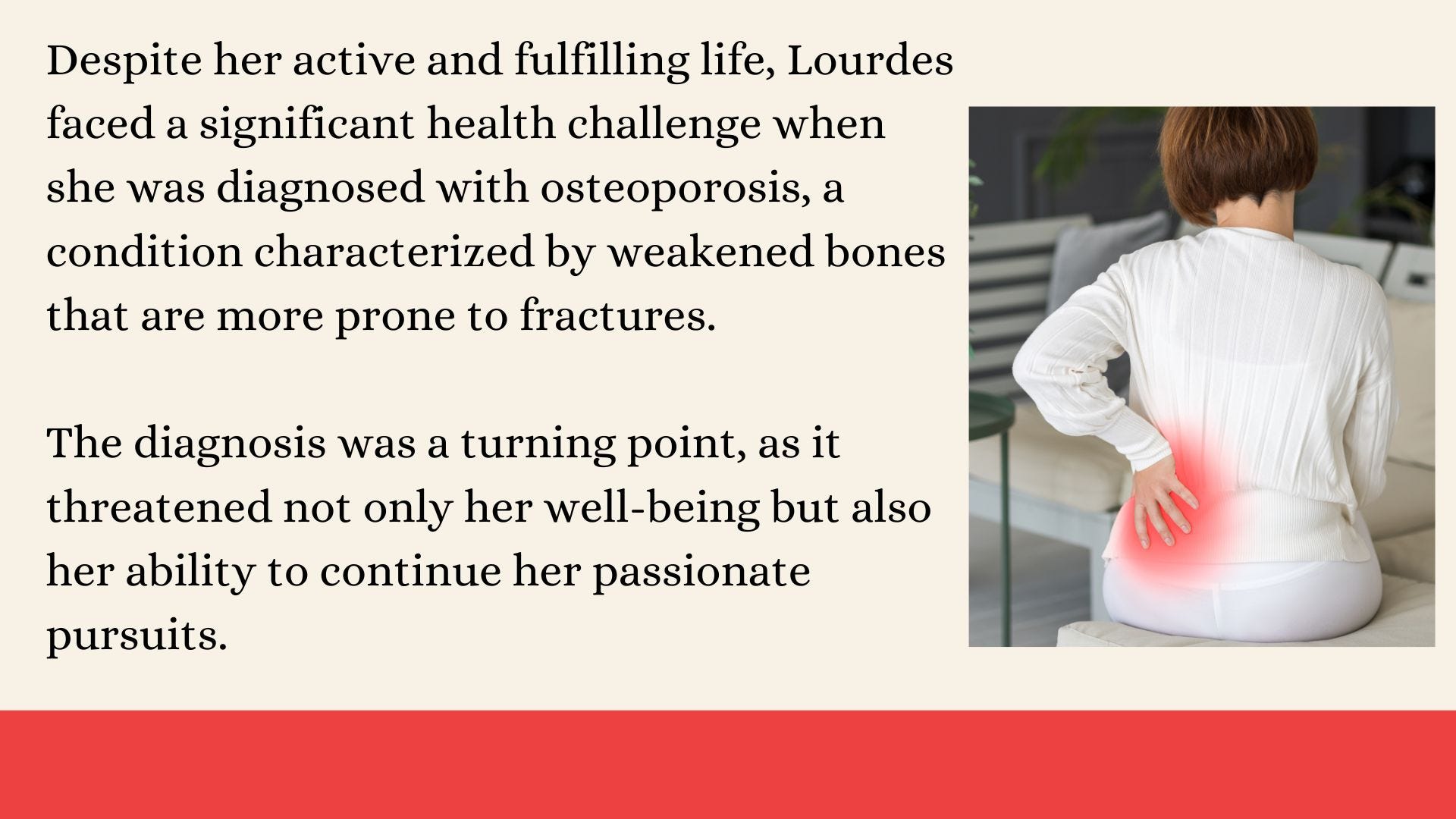
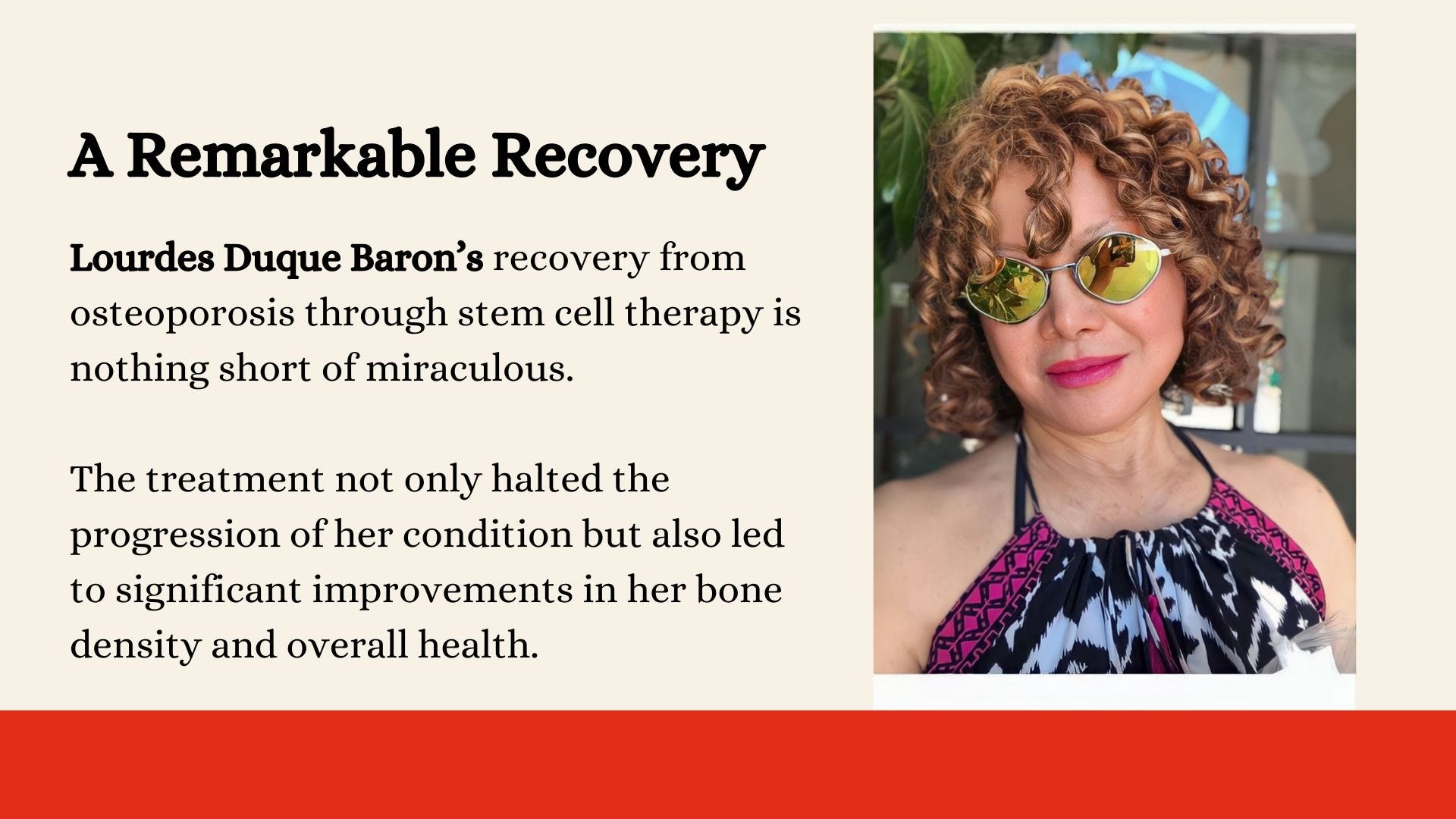
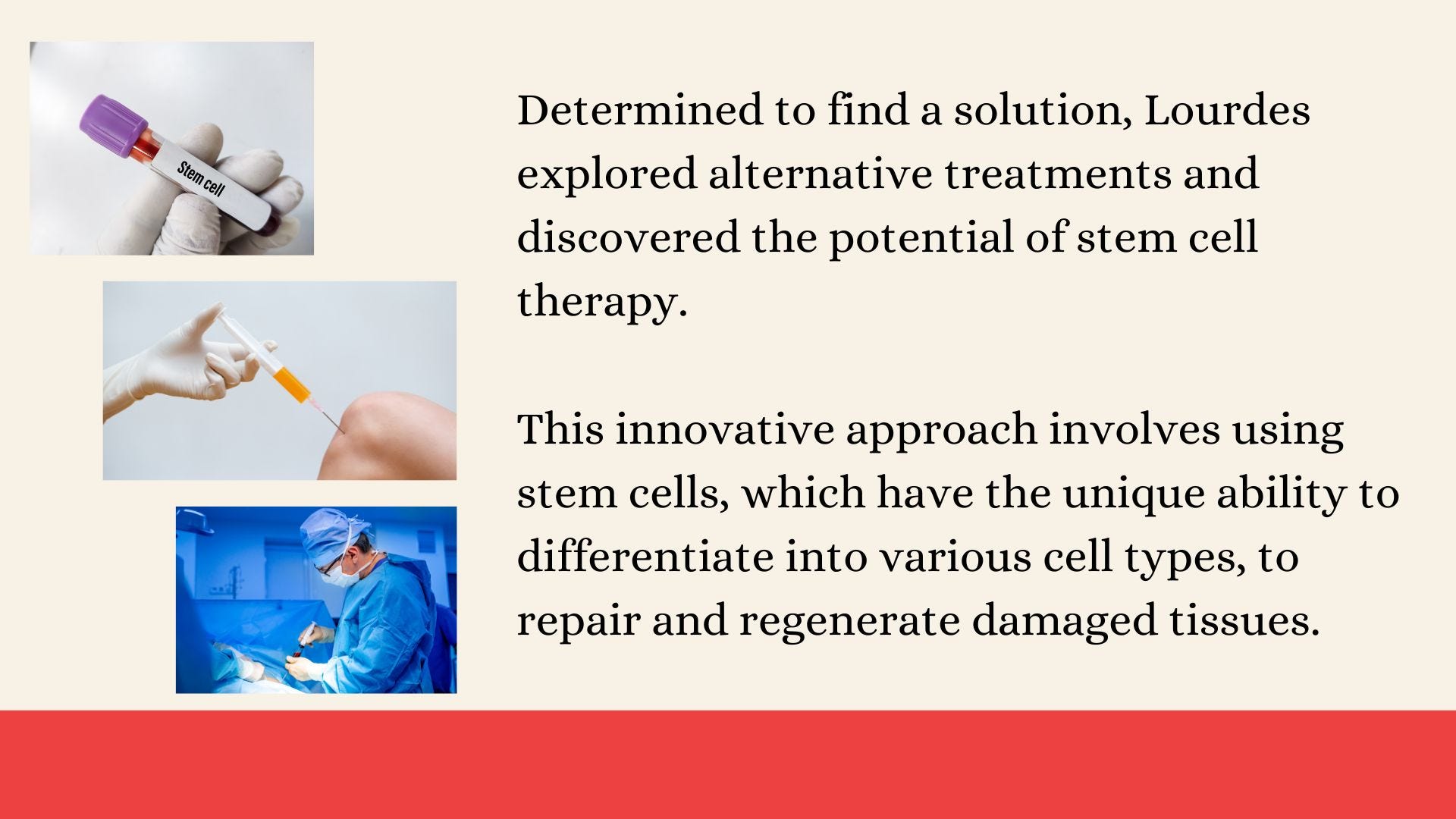
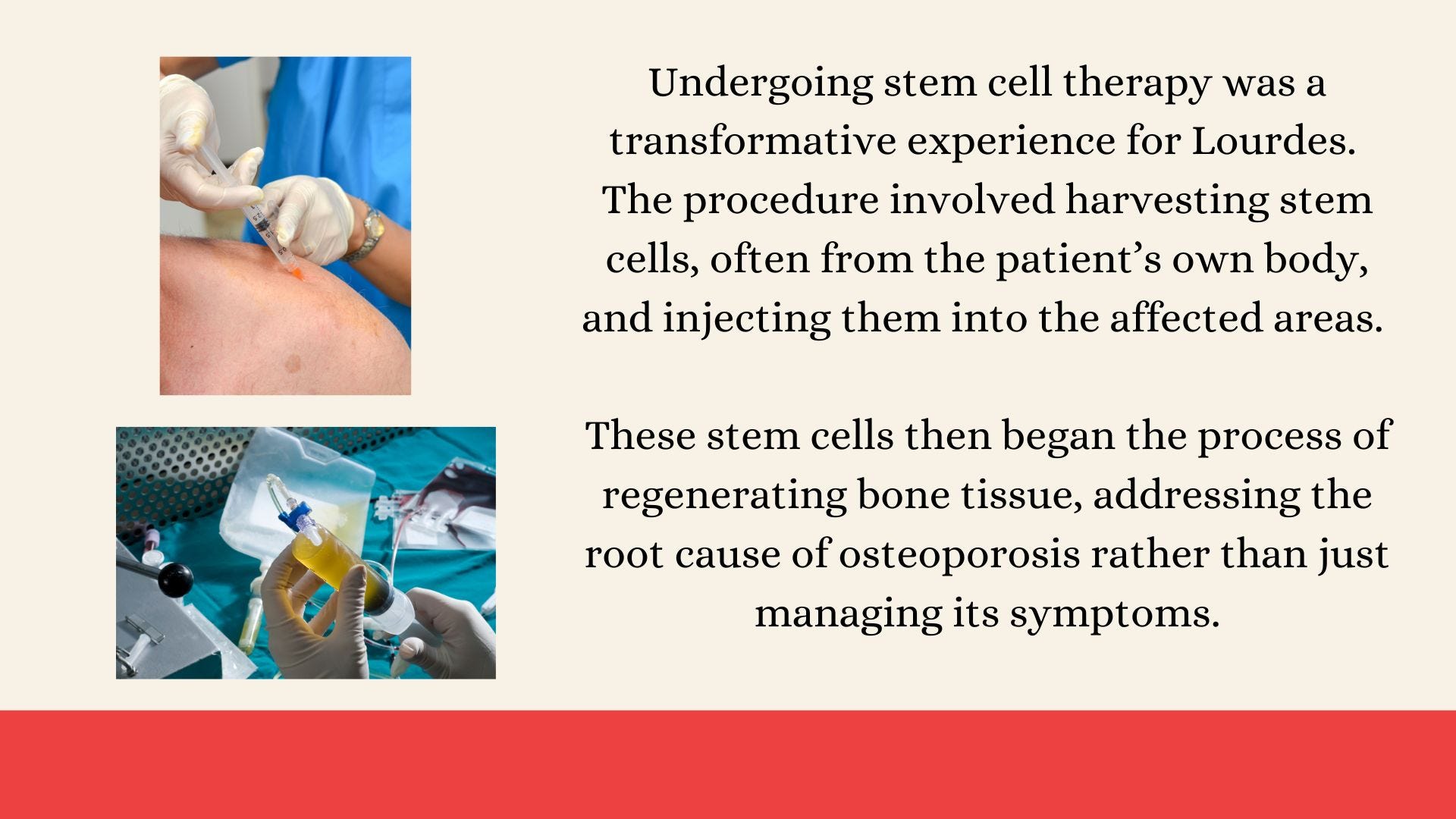

Stem cells offer a transformative approach to bone regeneration, with ongoing research and clinical trials paving the way for innovative treatments. Staying informed about these developments can help us understand and leverage the potential of stem cell therapy in addressing bone-related challenges.
References:
- Anthony D. Ho AD, Wagner W and Mahlknecht U. Stem cells and ageing. EMBO Rep. 2005 Jul; 6(Suppl 1): S35–S38.
- Bjelakovic G et al. Antioxidant supplements for prevention of mortality in healthy participants and patients with various diseases. Cochrane Database Syst Rev. 2008 Apr 16;(2): CD007176.
- Lim SH et al. Enhanced Skin Permeation of Anti-wrinkle Peptides via Molecular Modification. Sci Rep. 2018; 8: 1596.
- Kafi R et al. Improvement of naturally aged skin with vitamin A (retinol). Arch Dermatol. 2007 May; 143(5): 606–12.
- Buchanan PJ and Gilman RH. Retinoids: Literature Review and Suggested Algorithm for Use Prior to Facial Resurfacing Procedures. J Cutan Aesthet Surg. 2016 Jul-Sep; 9(3): 139–144.

